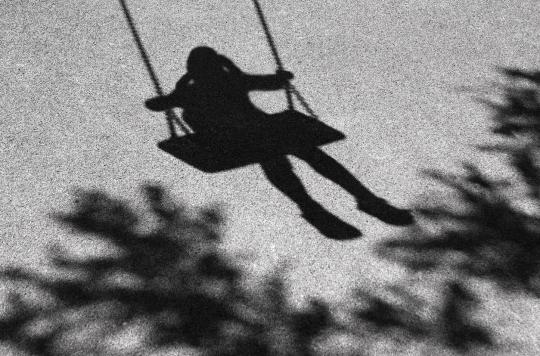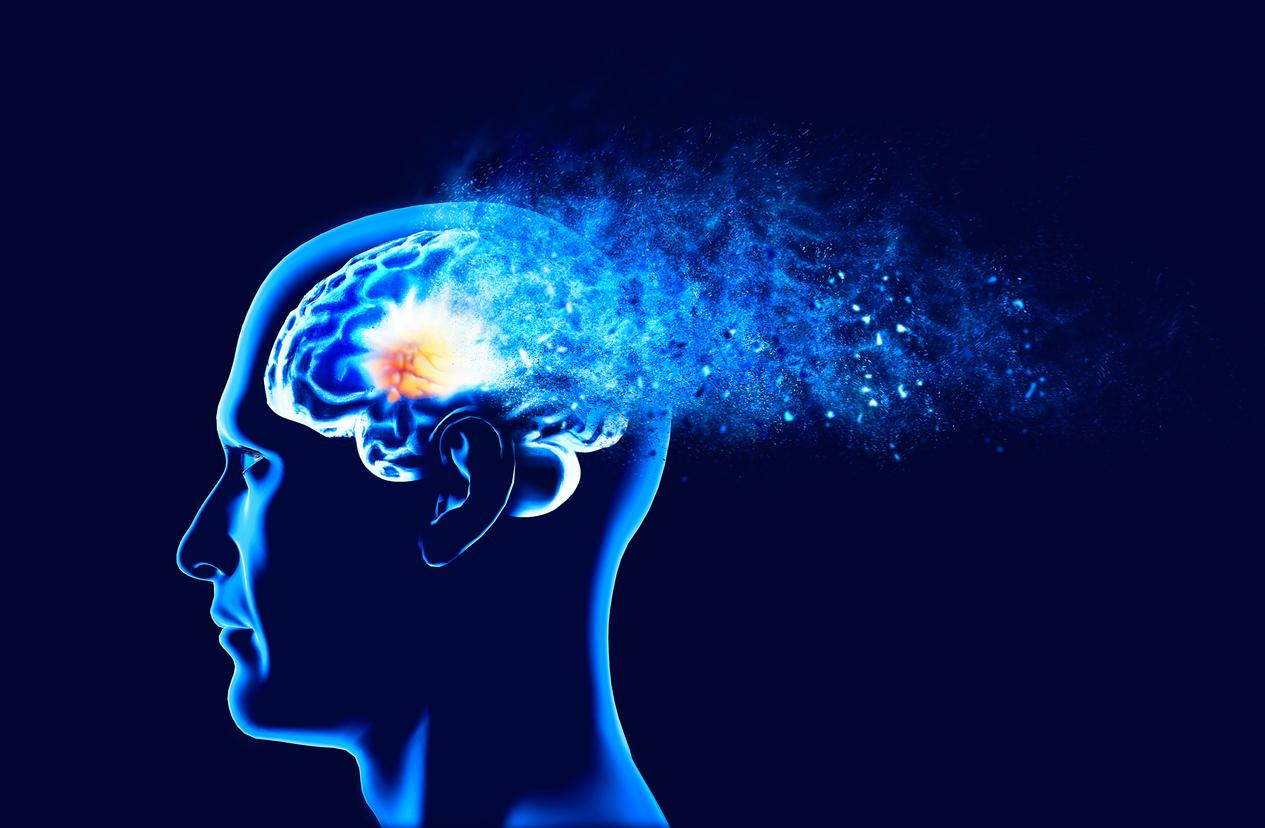But why do we have no memory of our early childhood? A specialist in psychology gives us some answers.

Until the age of 3, it is normal to have no memories. If it is sometimes difficult to remember the first years of life, it is quite simply because of infantile amnesia, a natural phenomenon linked to the evolution of the brain. Until the age of 3, memories fade as new neurons appear.
An evolving brain
Throughout childhood, the brain creates a multitude of new neurons and connections. This cerebral maturation, which evolves throughout life, is particularly important until the age of 3, in particular with regard to memory. Until this age, the brain tends to erase previous memories to create new ones and will only be able to encode, i.e. keep memories longer, after the age of 3. year.
However, when a memory is associated with a strong emotion, as in the case of a trauma for example, or a very happy memory, it can be etched in the emotional memory for a lifetime.
Rebuild memories with the imagination
We all have doubts about the veracity of certain memories, are they real or have they been imagined from what we have been told? This completely natural phenomenon is linked to the reinterpretation of our experience, because each time we think of a memory we modify and enrich it.
It is therefore quite normal to reconstruct memories by mixing them with imagination in order to better anchor them.
Find out more: “The body forgets nothing” by Bessel A. Van der kolk.
















